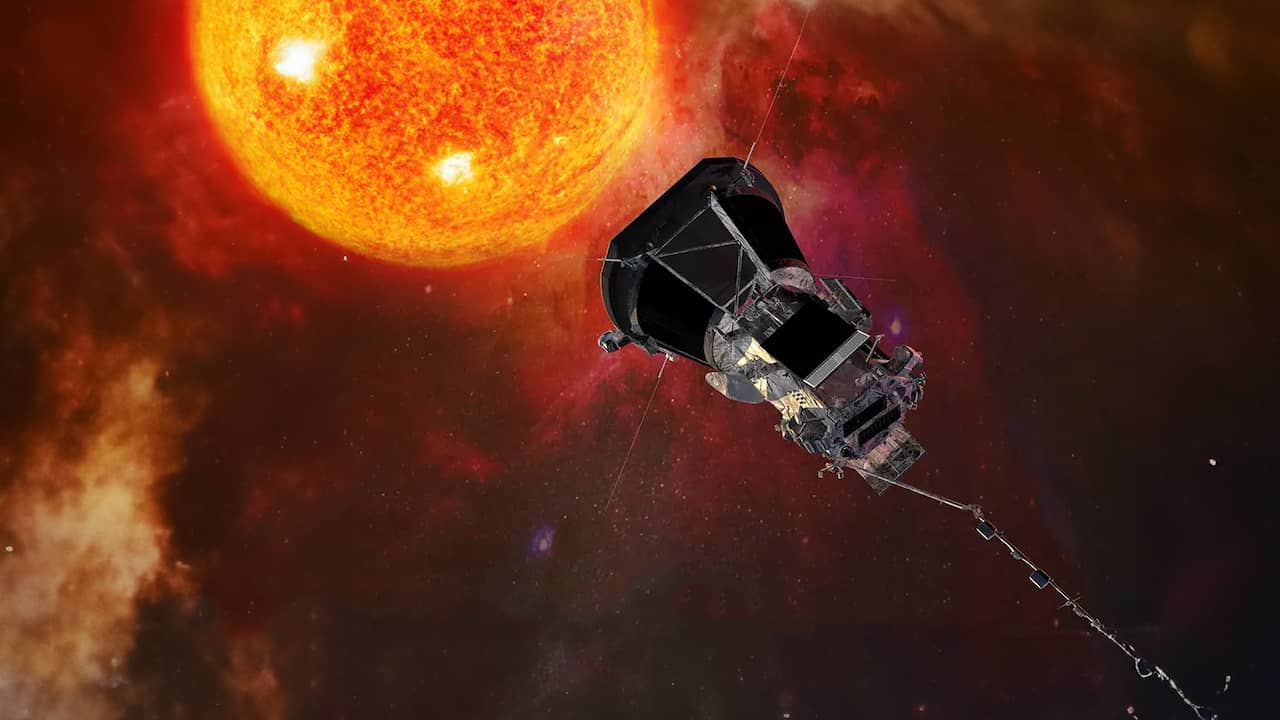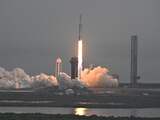The Parker Solar Probe will pass close to the Sun on December 24 at a speed of about 700,000 kilometers per hour. This makes the probe the fastest ship ever built by man. At this speed you can fly from Amsterdam to New York in thirty seconds.
Parker was launched in 2018 to conduct research into the solar environment. The research team now wants to try to get as close to the sun's surface as possible. “We are as good as landing on a star. This can be compared to landing on the moon in 1969,” said Nour Rawafi, head of the project. BBC News.
Parker has a special heat shield that protects the ship from the heat of the sun. The temperature this shield would have to handle would definitely be 1400 degrees. He could only deal with that for a short time. The goal is for Parker to continue working after the “solar tumble” and can collect more information.
The surface temperature of the Sun is about 5600 degrees. As a result, almost everything that comes too close burns up. Even if the object reaches the surface, in practice, it will not be able to land. The Sun is a ball of gas, and therefore has no solid Earth.
NASA hopes to learn more about the chemical process of stars by “landing on the sun.” It maintains itself through nuclear fusion, where elements react with each other and produce heat and light, among other things. Scientists hope, for example, that they can predict the solar wind better.










More Stories
GALA lacks a chapter on e-health
Weird beer can taste really good.
Planets contain much more water than previously thought